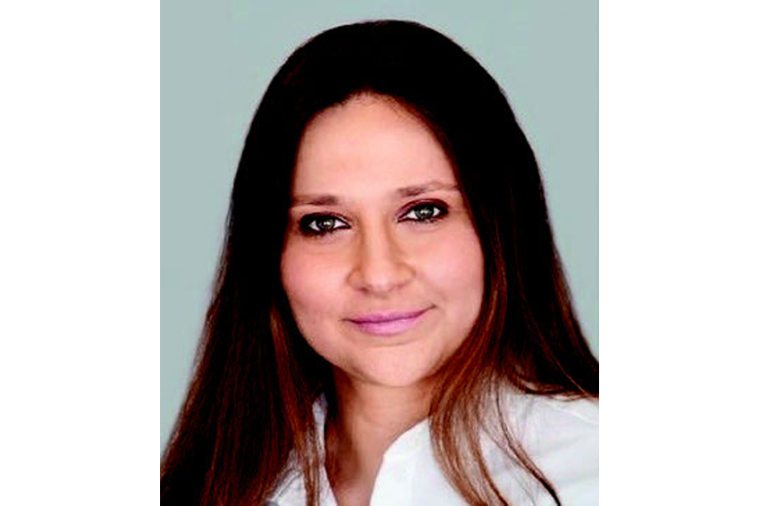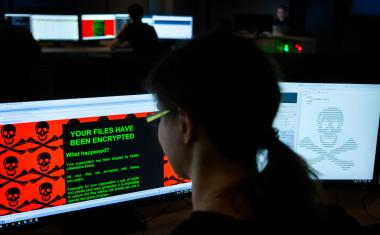Safe City: Harnessing Technology to Adhere to Martyn’s Law
Martyn‘s Law, more officially known as the Protect Duty legislation, is a proposed piece of legislation that is being backed by the UK government to improve the safety and security of public venues and spaces. There are estimated to be about 650,000 crowded places in the UK, of which only about 0.2% are prioritized to receive direct support from the state’s network of counter-terrorism experts. It should apply to any place or space to which the public have access. Evacuation procedures and planning are likely to form a key part of these proposals.

It’s currently uncertain the exact form that Martyn’s Law will take when it comes into effect. However, what is certain is that security operators will need to implement new measures to improve counter terror preparedness and adhere to the ‘Protect Duty’ soon to be imposed on them by this legislation. Stadia presents a unique security environment, as most locations rarely have such a convergence of security challenges – like the number of visitors and staff and of course, the size of the venue itself.
In the context of protecting stadia, simply adding more security check points, like bag scanners or metal detectors, might seem like a good measure to enhance security; but actually, this may be counterproductive. It’s understandable that security operators think they are successfully protecting the premises by stopping malicious actors from entering. But terrorist incidents always aim to do the maximum amount of damage to the most people – so any bottleneck or high traffic area becomes a potential target. Therefore, taking a static approach to security still leaves a vulnerable target in the form of large queues. It’s only by taking a holistic approach to security that operators can successfully nullify an attack.
Utilising Technology
Technology can be a powerful asset as it helps increase security’s situational awareness. By integrating video surveillance, analytics, access control, and automatic number plate recognition into a single pane of glass, staff have a full overview of the premises, from the car park to the stands. This heightened level of observation helps operators identify, react and resolve problems more effectively. However, it’s alarmingly common how many organisations use disparate security assets. Without a unified system, disconnected assets give an inadequate picture of their surroundings – which in turn affects the efficiency of their response.
Venue administrators should also use a system that has pre-defined response procedures, which can be used to guide operators through the right steps as an incident unfolds – meaning the most suitable actions are always taken. All of this ensures an uninterrupted and safe experience for guests. Advanced security systems can be used to audit premises for vulnerabilities, identifying blind spots, optimising manpower and promoting best practices. It helps with more mundane issues too, for instance if there’s a crowd bottleneck, a door being forced open, or a bag lying around; the system will send a notification so an issue is resolved before it escalates. This is particularly important in the stadium setting, as seemingly innocuous incidents can have a snowball effect, quickly becoming chaotic, and disrupting the event.
Communication is Key
Operational difficulties can also arise with such large numbers of staff operating across a wide area, with teams often working in siloes. There are multiple organisations coming together on a temporary basis, like local law enforcement, private security teams, and other non-security personnel too. In these instances, when an incident does occur, a disjointed approach to security can be extremely detrimental to an effective emergency response plan - leading to duplicated efforts, missed opportunities and lapses in security. This becomes more apparent when siloes turn into blind-spots that terrorists could exploit – leaving the event revellers and staff at risk. Increasing communications and sharing information across the private and public sectors should be a priority as it will improve security for everyone.
The main advantage of a security system that accommodates this functionality boils down to improved communications. Being able to quickly share information between on-site staff is a powerful advantage, and means they have up to the minute information to mount an effective response. Having a better understanding of any incident also means staff can relay more accurate information to law enforcement, in turn bolstering their response plan too. All of this will help ensure that security can contend with any threat, and guests have an uninterrupted and safe experience.
An Uncertain Future
This is the first time we’ve seen the government take such an active top-down approach to private companies’ security policies, so it’ll be interesting to see what happens next. Of course, we can only hope that these regulations are unnecessary, but it’s imperative that organisations do their utmost to mitigate against similar incidents and prevent loss of life in future. Though the details of Martyn’s Law are yet to be finalised, the consultation phase will be beginning shortly; and it’s vital that governmental decision-makers don’t arbitrarily enforce weighty security measures without first considering the practicalities of employing them or their real-world effect.
The devastation of the Manchester Arena attack and other more recent terror incidents, like the 2019 bridge attack, will remain engrained in the public psyche for a long time; but hopefully these new regulations – whatever the form they eventually take – will help protect people and make them feel safer.
Author: Evgenia Ostrovskaya, Business Development Director at Genetec












